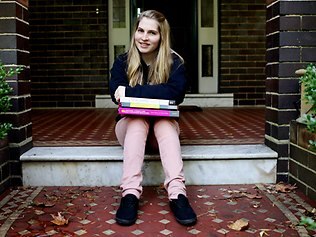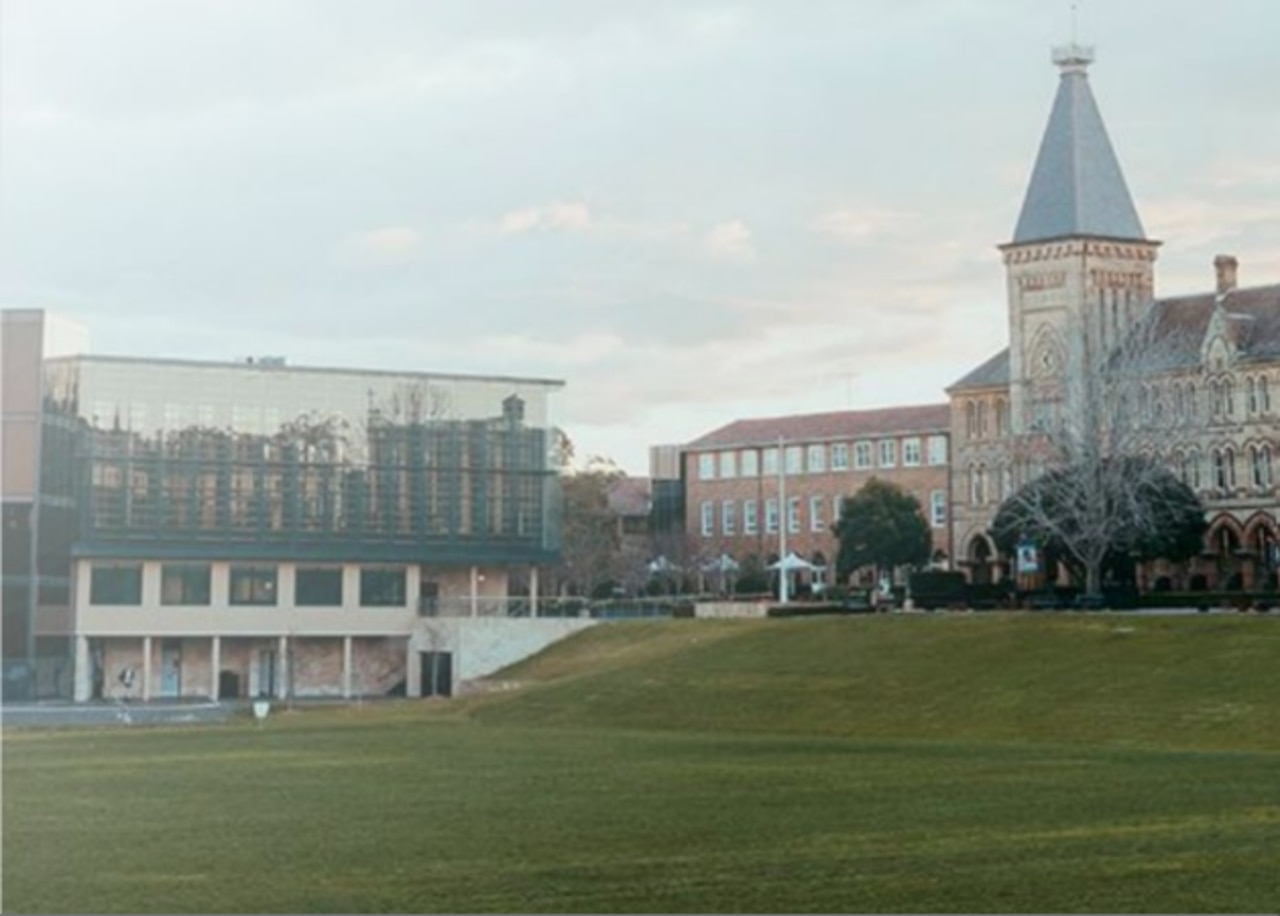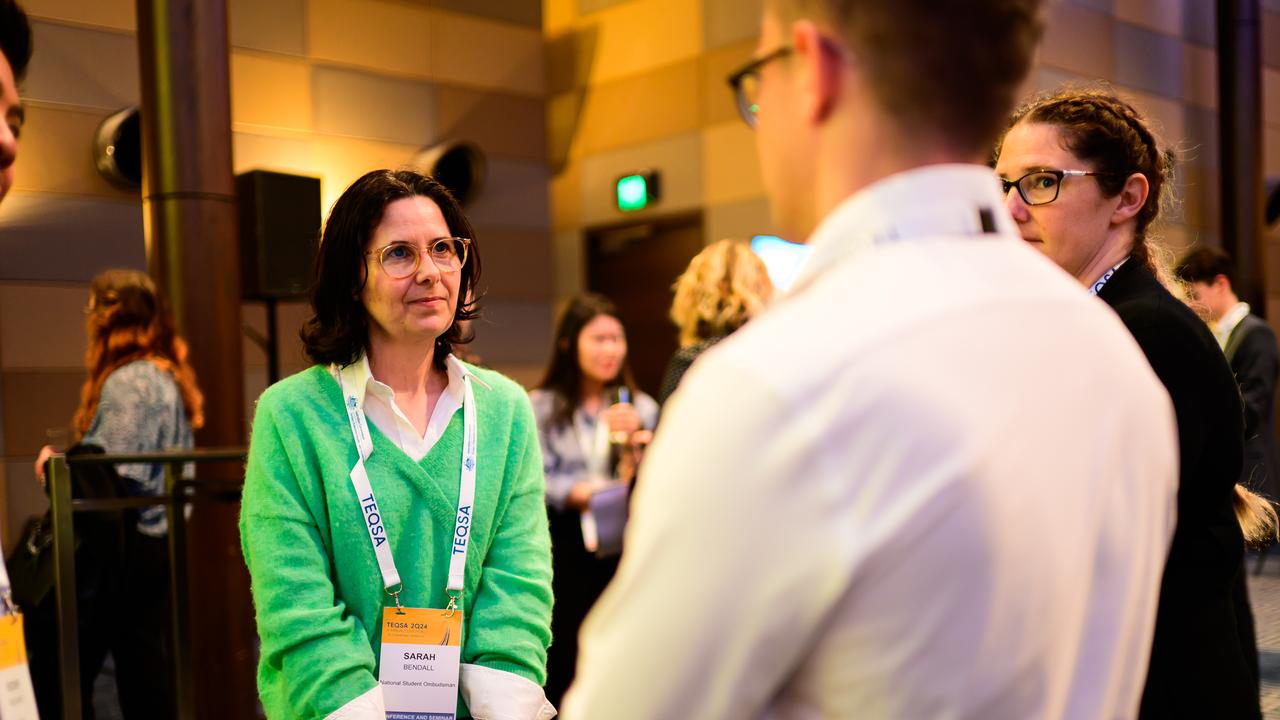School systems must play stronger role in teacher training
THE nation's biggest employer of teachers, the NSW government, is challenging the quality of training provided by universities.
THE nation's biggest employer of teachers, the NSW government, is challenging the quality of training provided by universities amid concerns about the low entrance scores for education degrees and the lack of opportunities to practise in real classrooms.
In a speech to the conference of the NSW Council of Deans of Education today, Education Minister Adrian Piccoli will question whether universities attract the best and brightest into teaching and suggests universities graduate too many teachers at the expense of the quality of the training.
"I only want the best and brightest choosing teaching as their profession of choice but I know some students are being accepted into your courses with, and let me be blunt, very low ATARs (university entrance scores)," his speech says.
"Do entrants to teacher education need more in the way of prerequisites? Not just English, what about maths and science?
"Can we as a department continue to place every undergraduate you have in our schools for practice teaching? Is this going to lead to the best outcomes for us? How do we know that lecturers in your courses are using or modelling great teaching behaviours?"
As part of a series of reports on problems in our nation's schools, The Weekend Australian reported concerns about the lack of practical training provided to teachers during their education degree, particularly in managing classrooms and misbehaving students.
Speaking to The Australian before the speech, Mr Piccoli said some universities were not running placements in schools for students until their third or fourth year.
Mr Piccoli also said universities in NSW were accepting students with tertiary entrance scores as low as the 50s and, while universities graduated about 5000 new teachers every year, the department only hired 300 to 500.
Universities also added to the surplus of primary-school teachers and high-school PE teachers every year, while the nation has a long-running shortage of maths and science teachers.
"We graduate thousands of new teachers every year but we still have geographic shortages, we have subject shortages - I think we can do a better job," Mr Piccoli said.
He has commissioned a discussion paper on reforms to improve the quality of teachers from the Education Department, the NSW Board of Studies, which accredits professional learning, and the NSW Institute of Teachers, which will be released by the end of next month before a period of public consultation.
NSW Institute of Teachers chief executive Patrick Lee, who addressed the deans yesterday, said school systems had to play a stronger role in teacher training.
"It's a shared responsibility," Mr Lee said.
"Schools need to look at what they're doing in the first year of teaching to systematically support new teachers, particularly in schools where student behaviour is a bit wild.
"There are things you can learn about classroom management at university but, in the end, you can only deal with it properly in schools, and that leads to stronger internships and practicum placements."
Executive director of the NSW Catholic Education Commission Brian Croke said schools could provide more support for student teachers by improving the quality of mentors for practical training.
"It ought to be a prestigious and rewarded responsibility for the most accomplished teachers."




